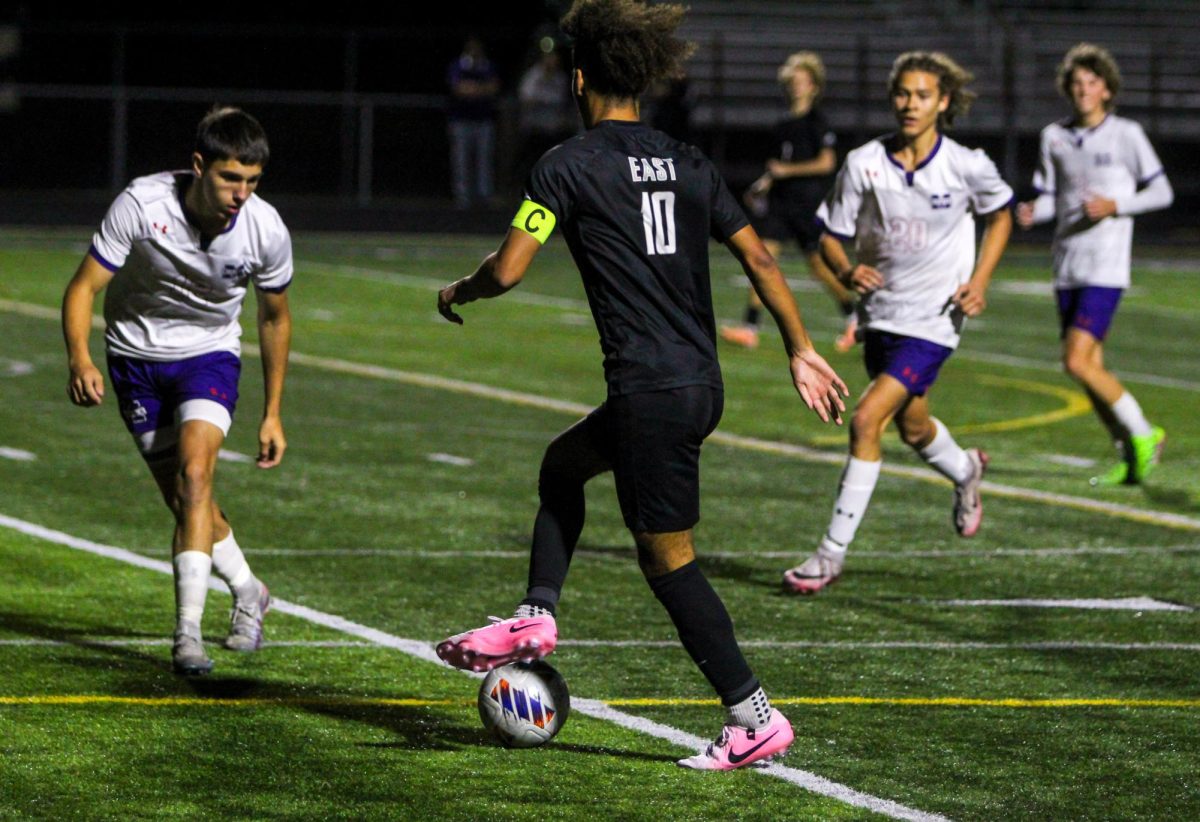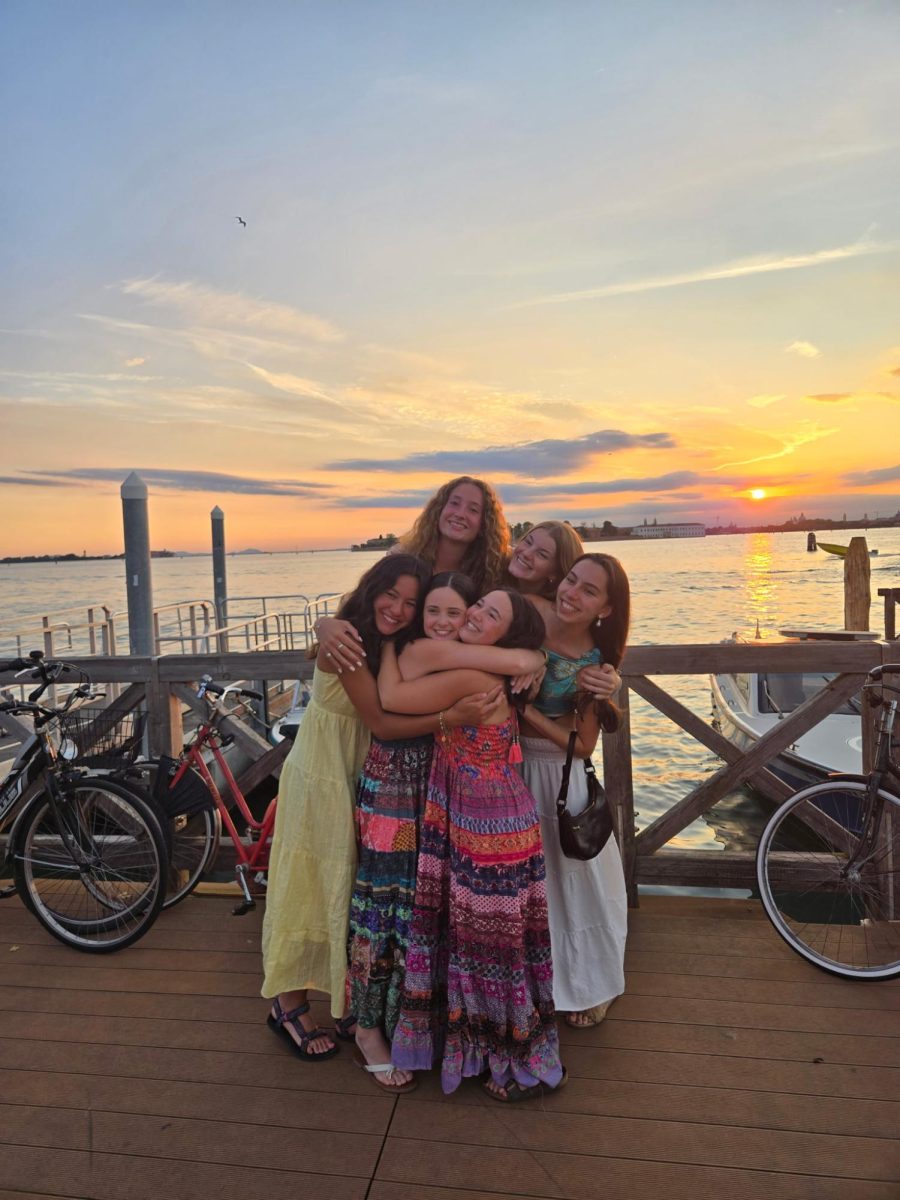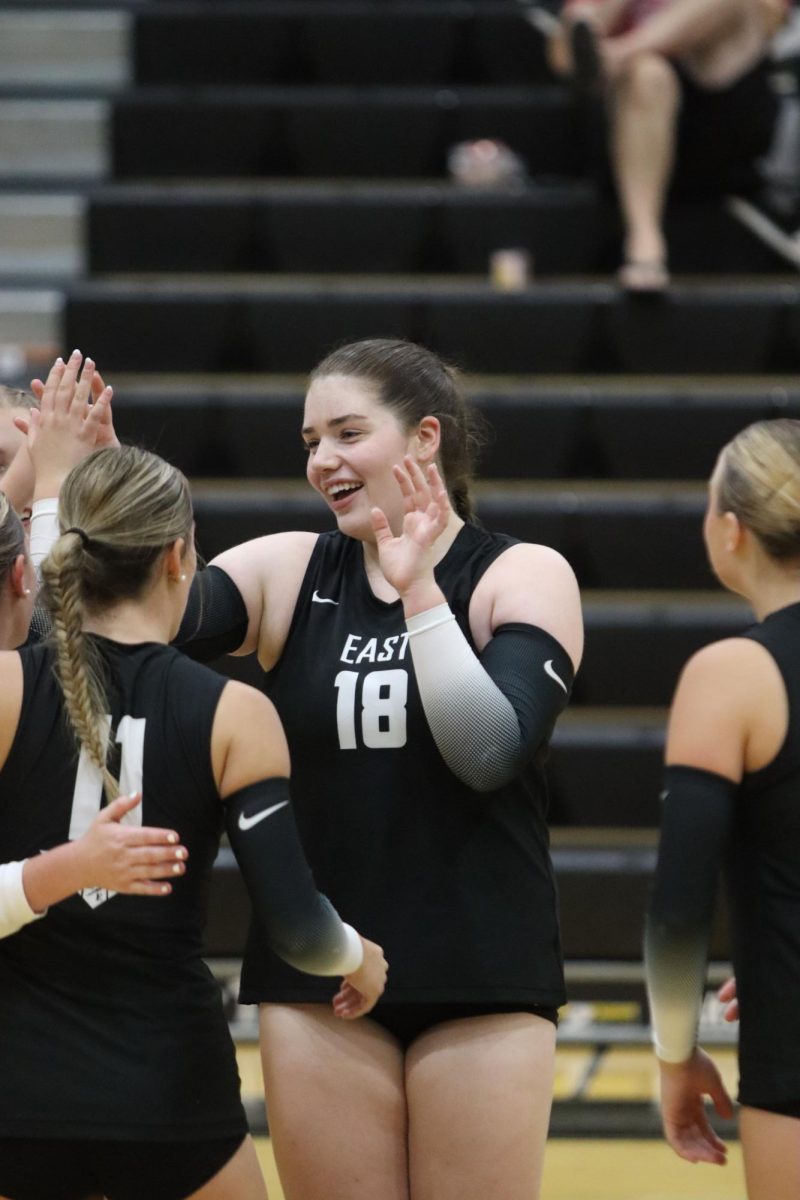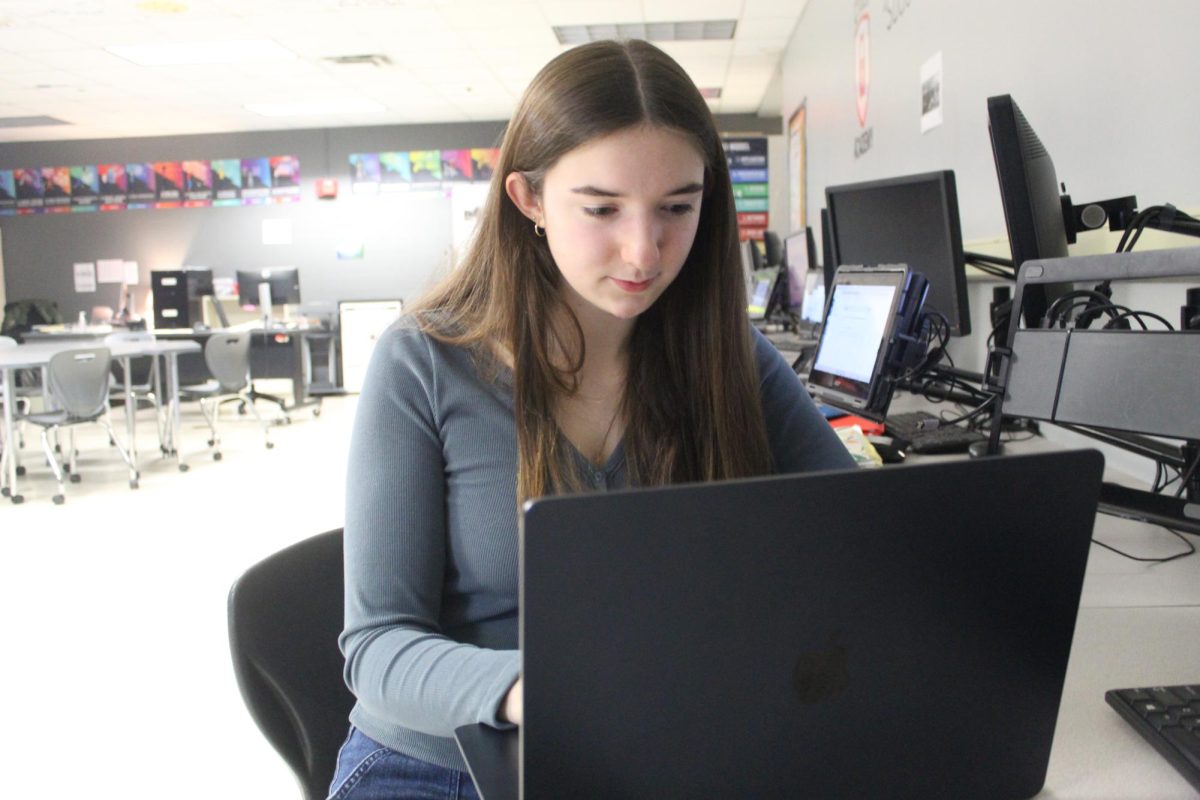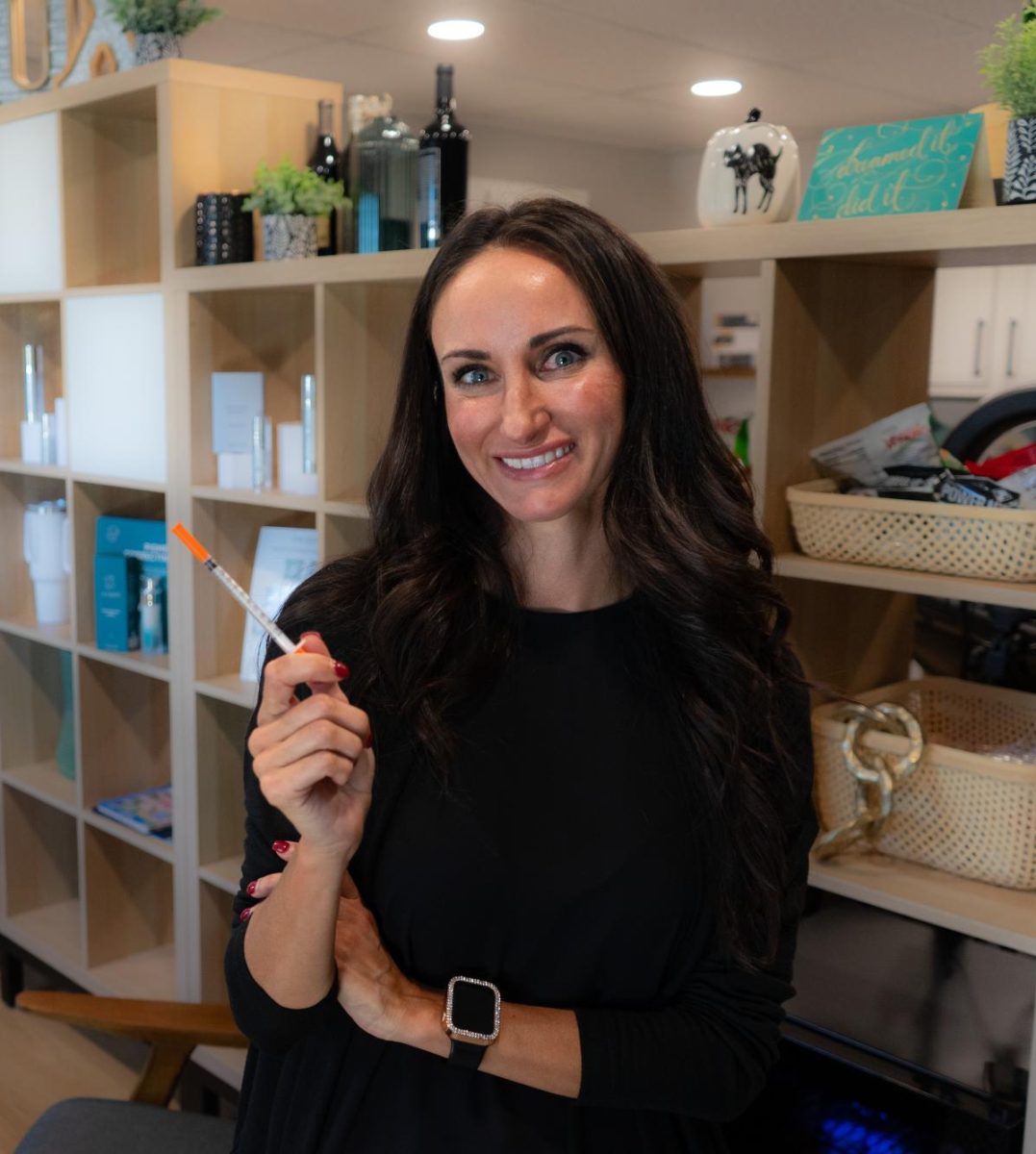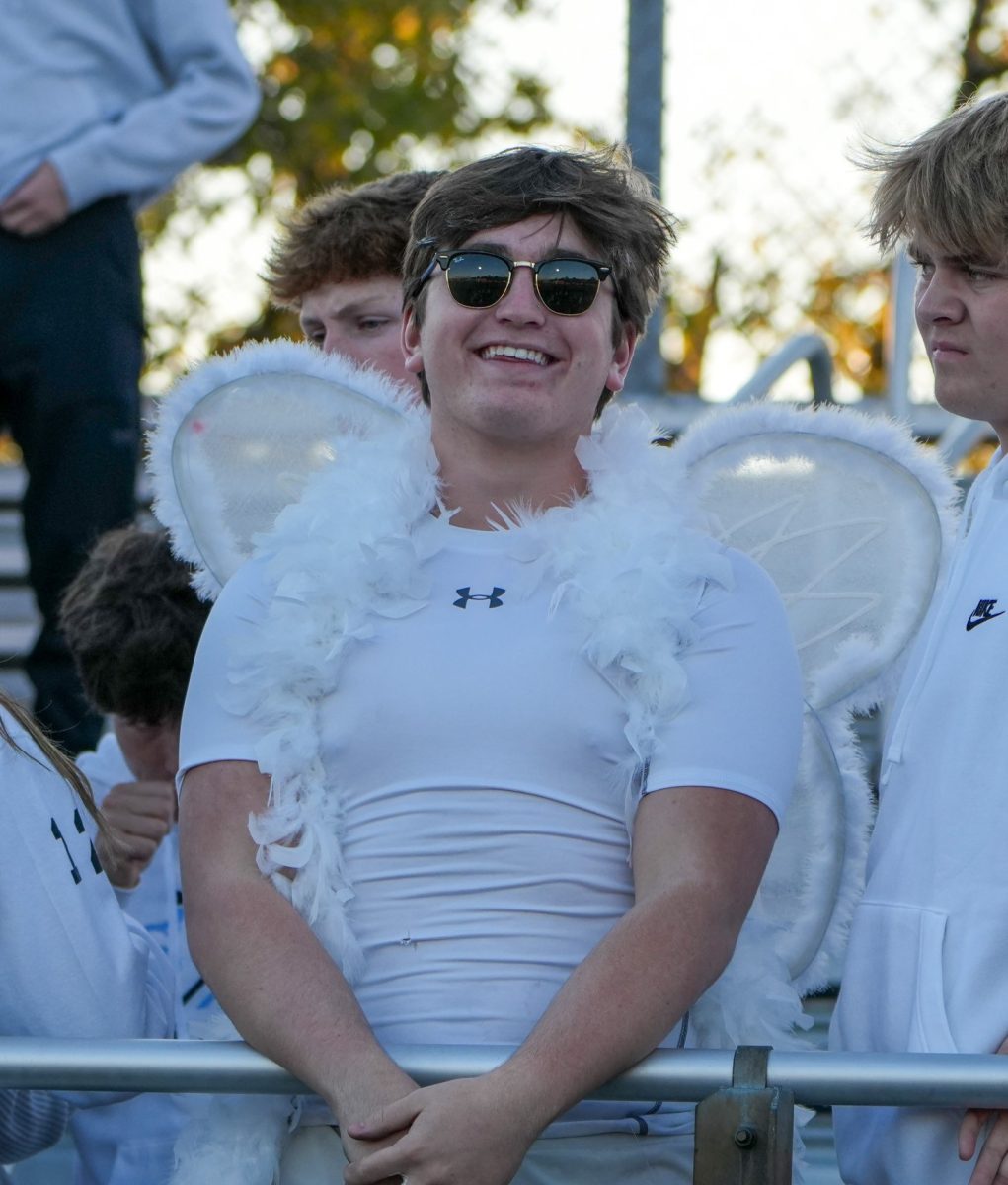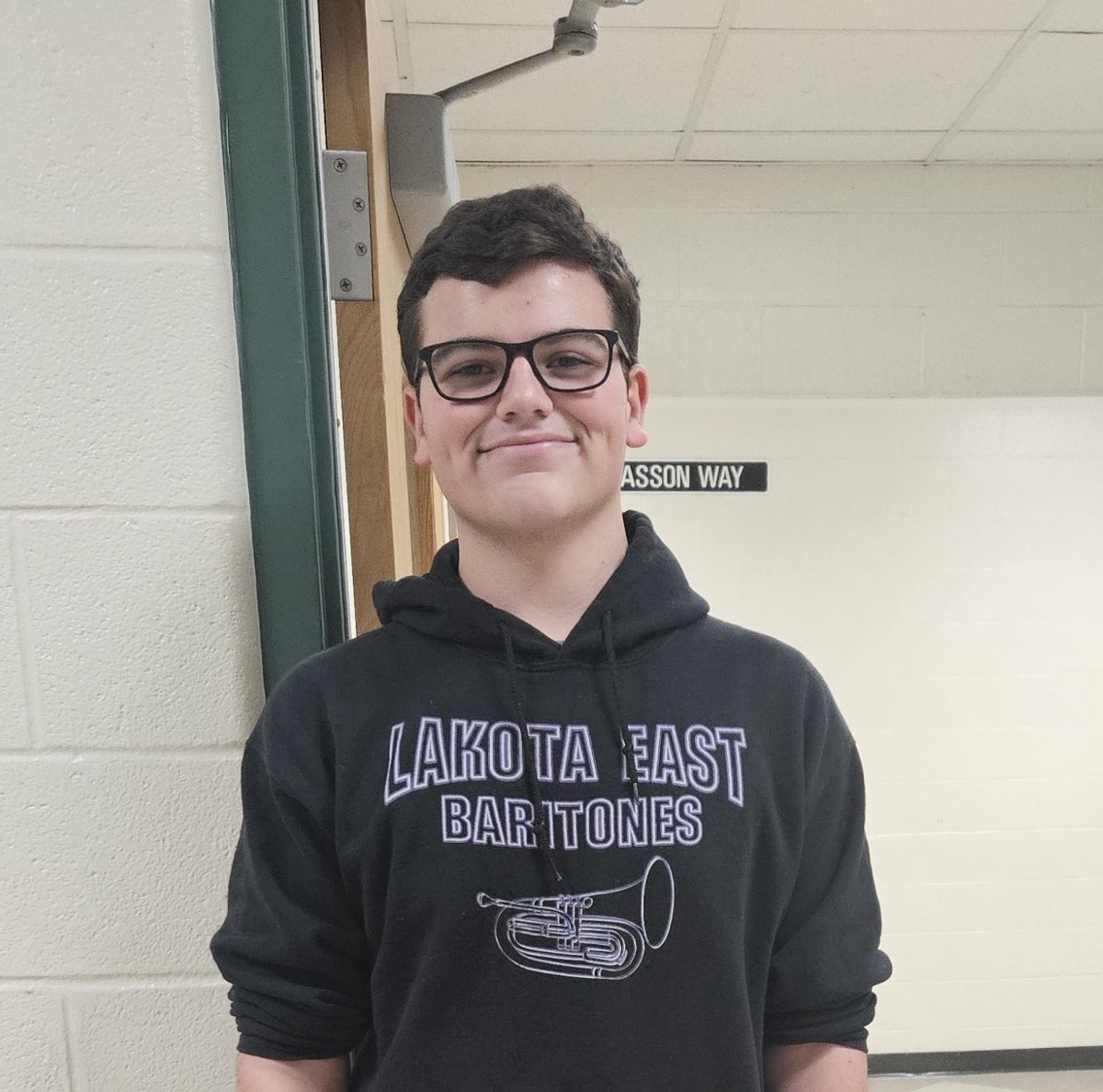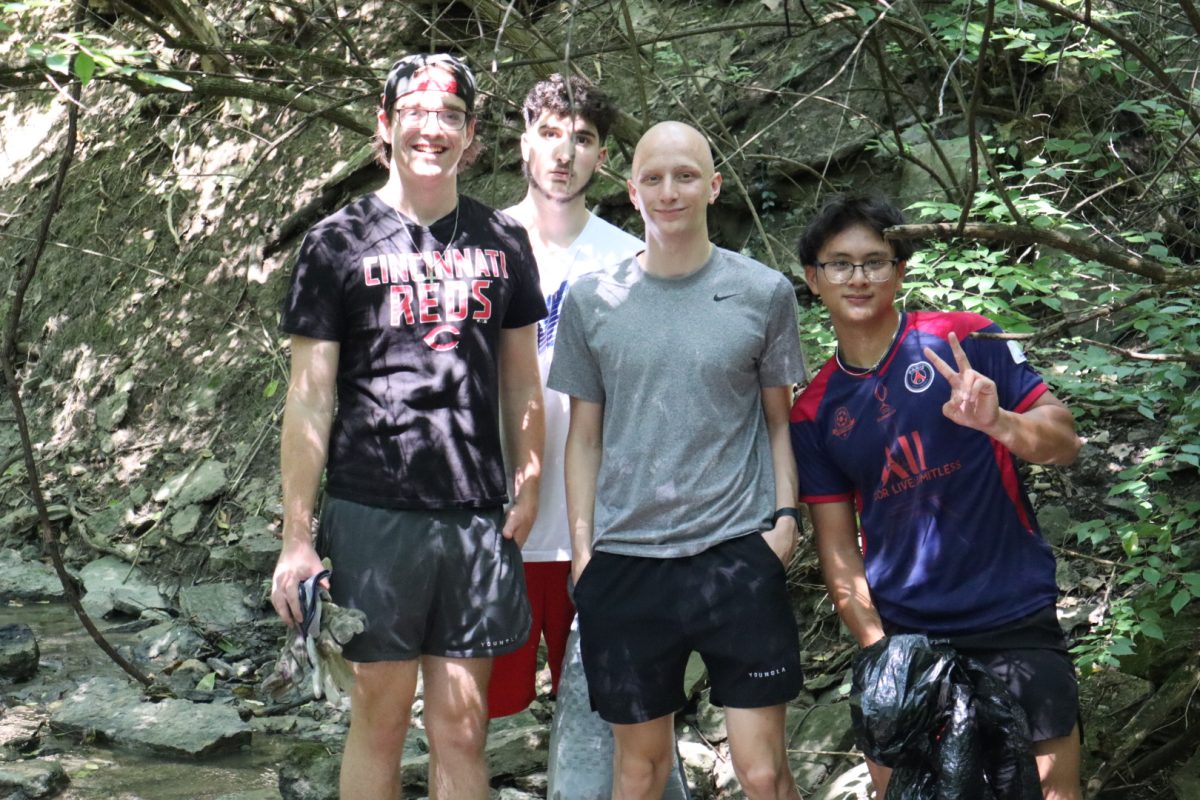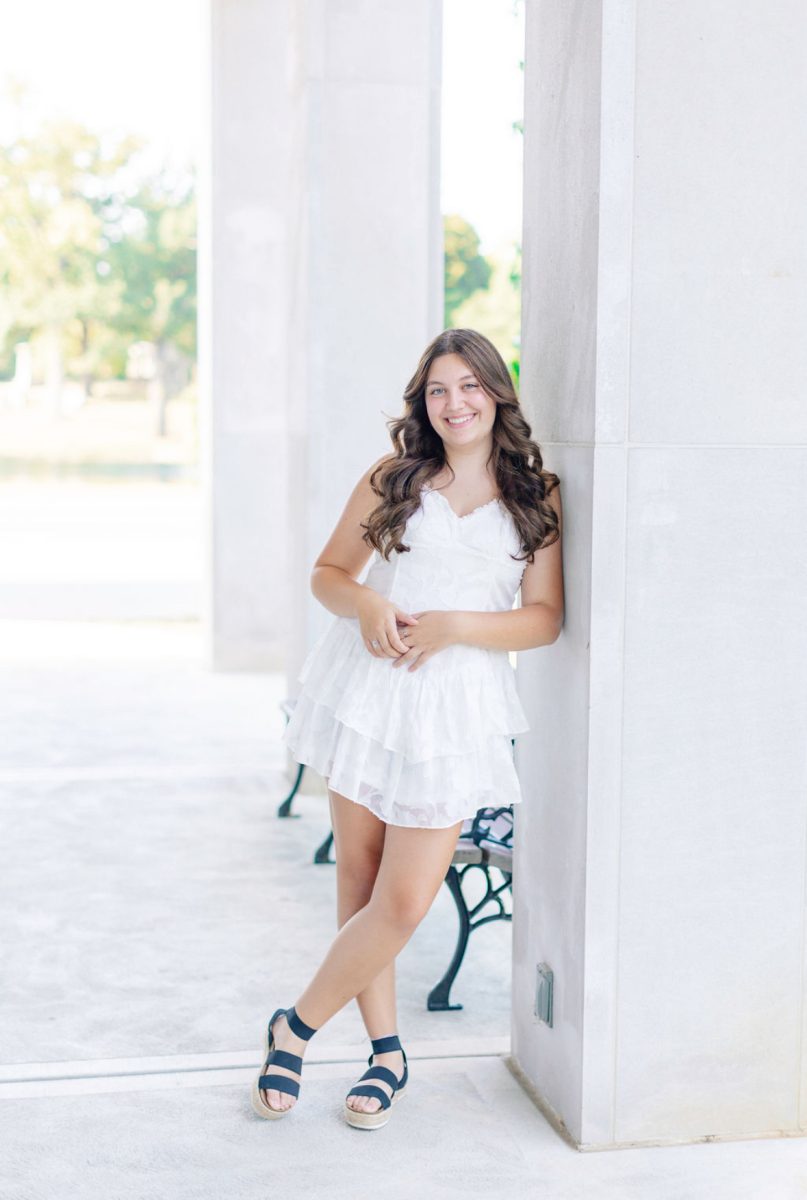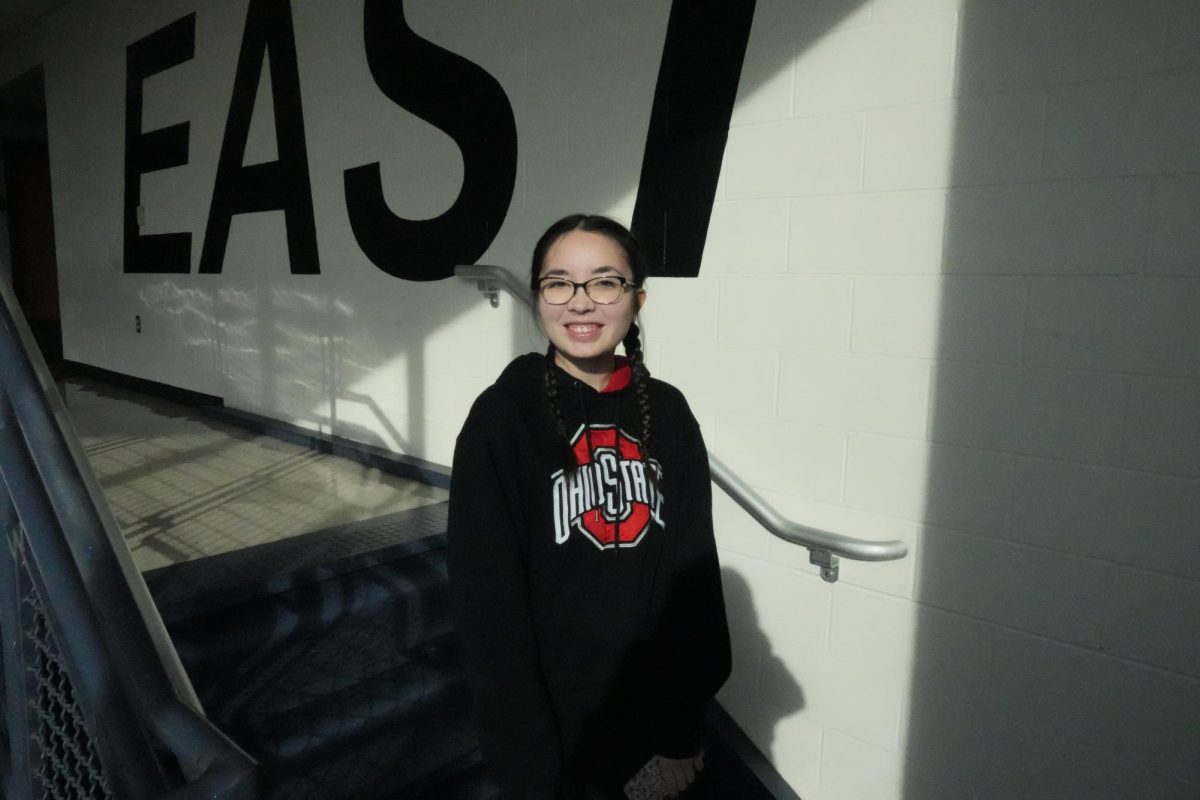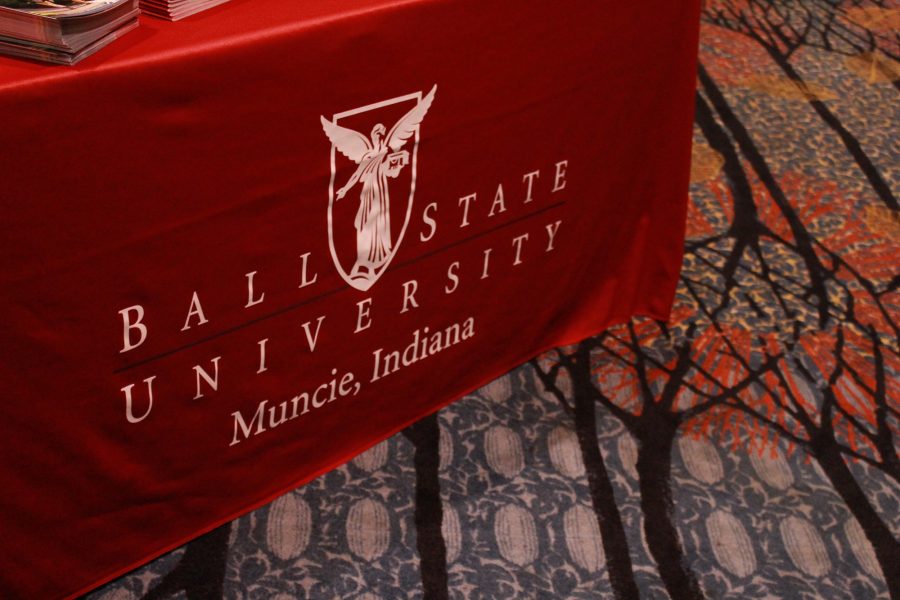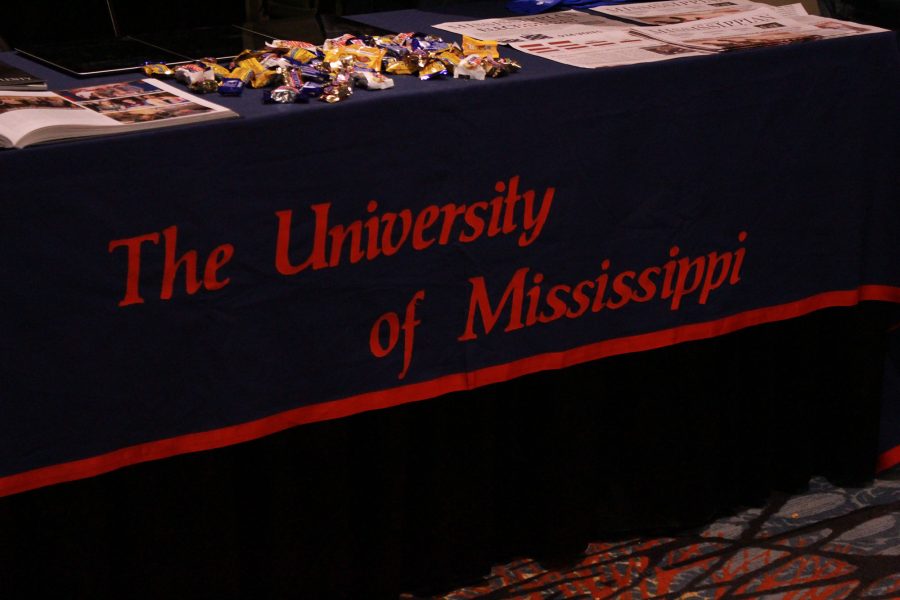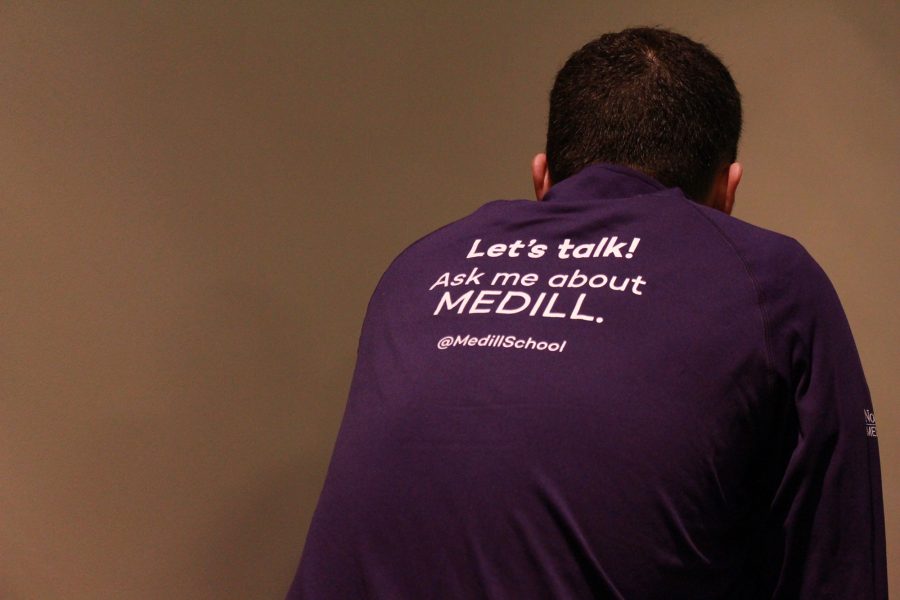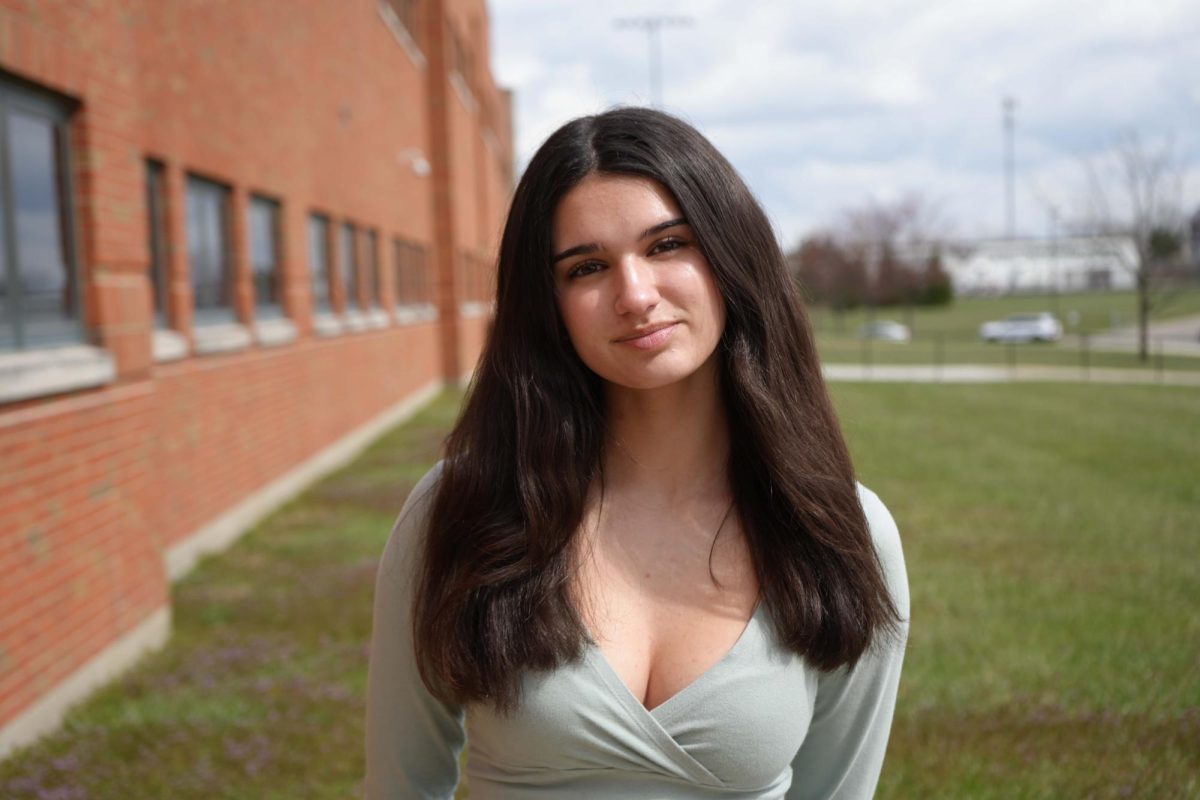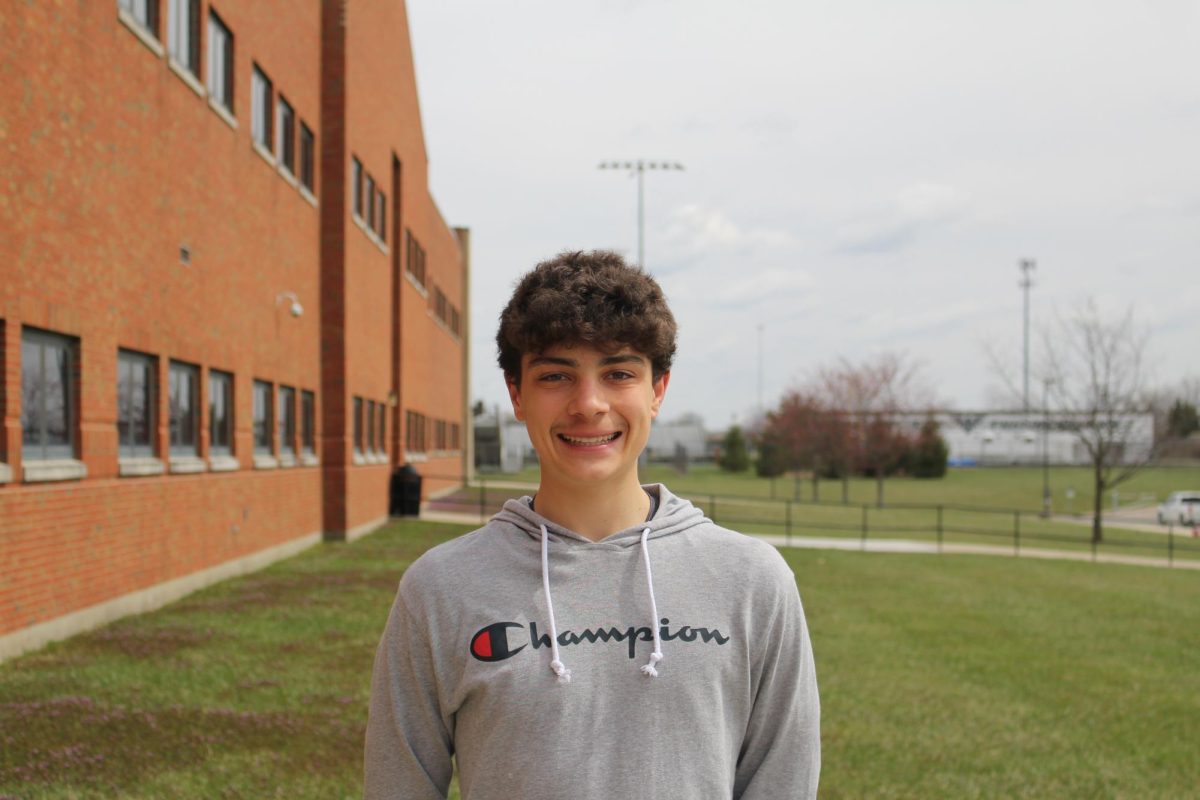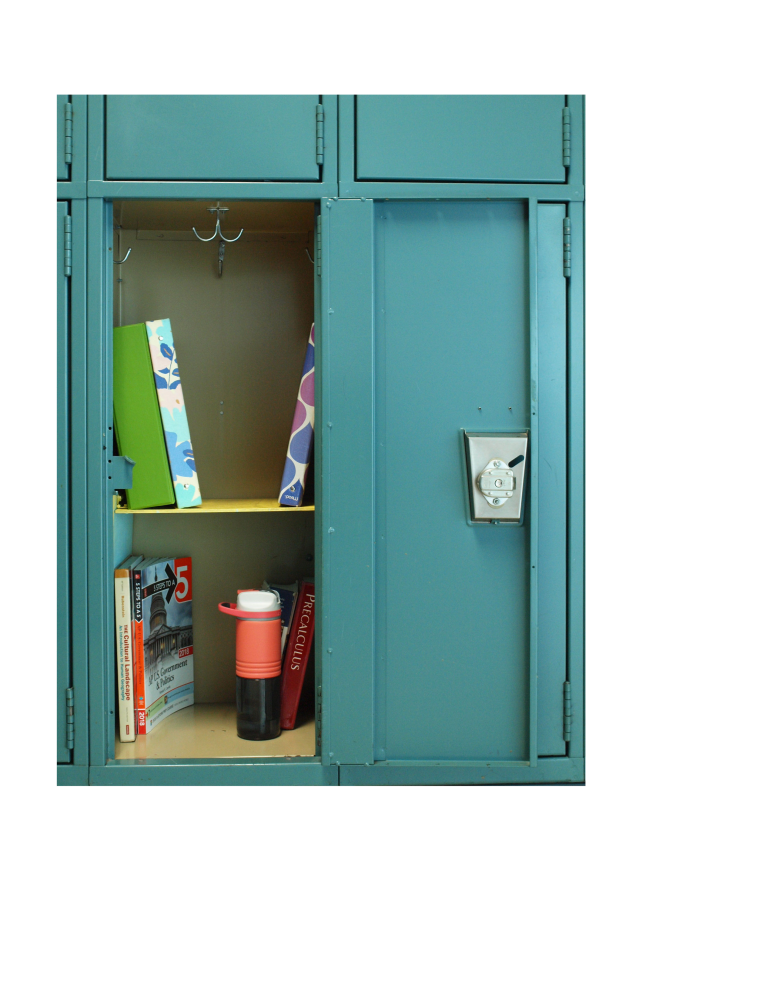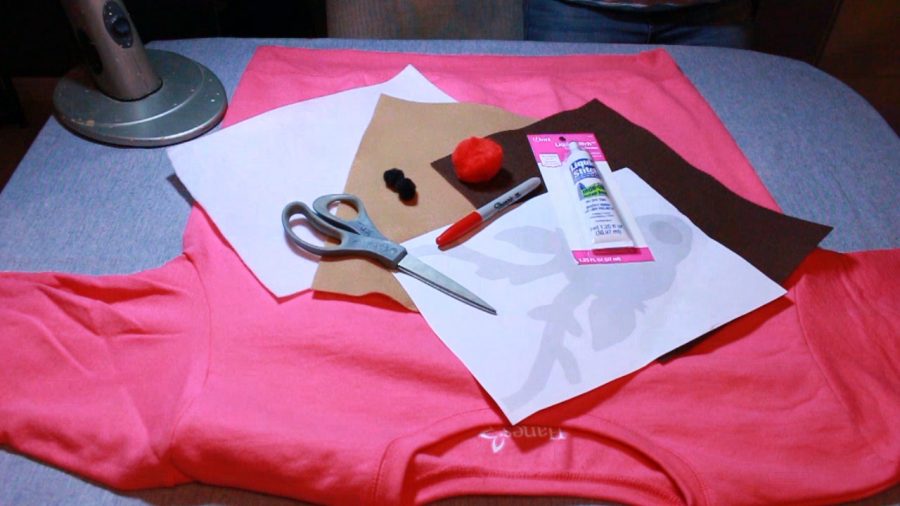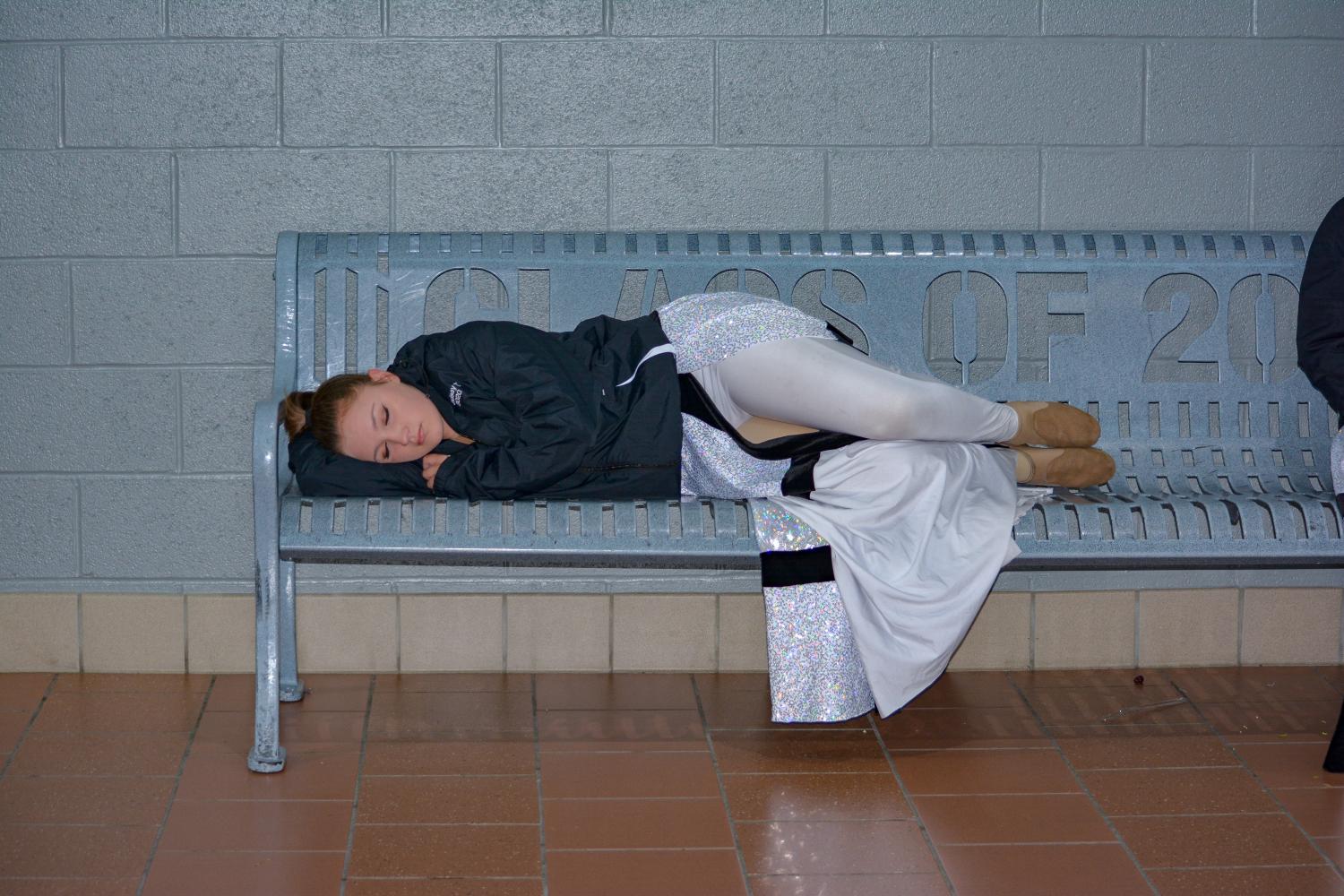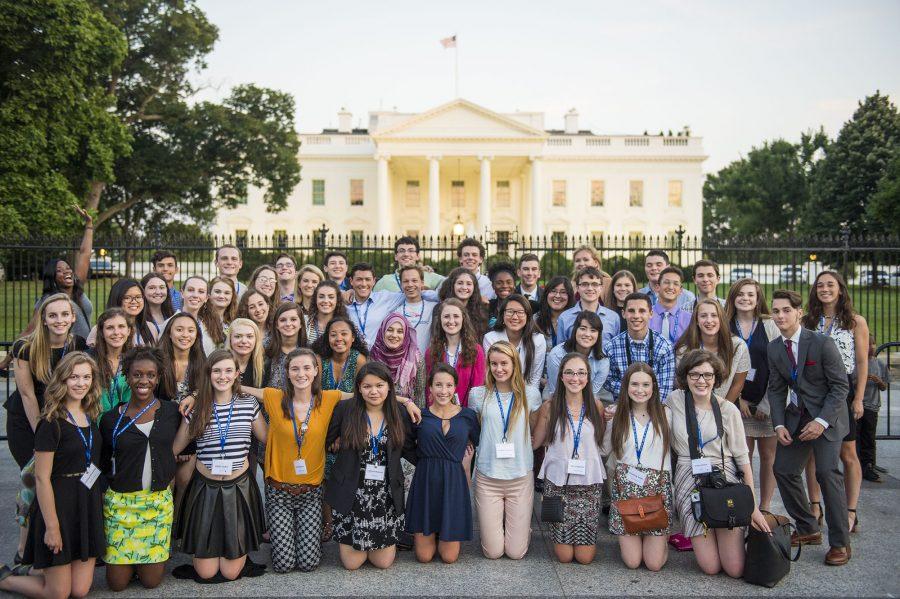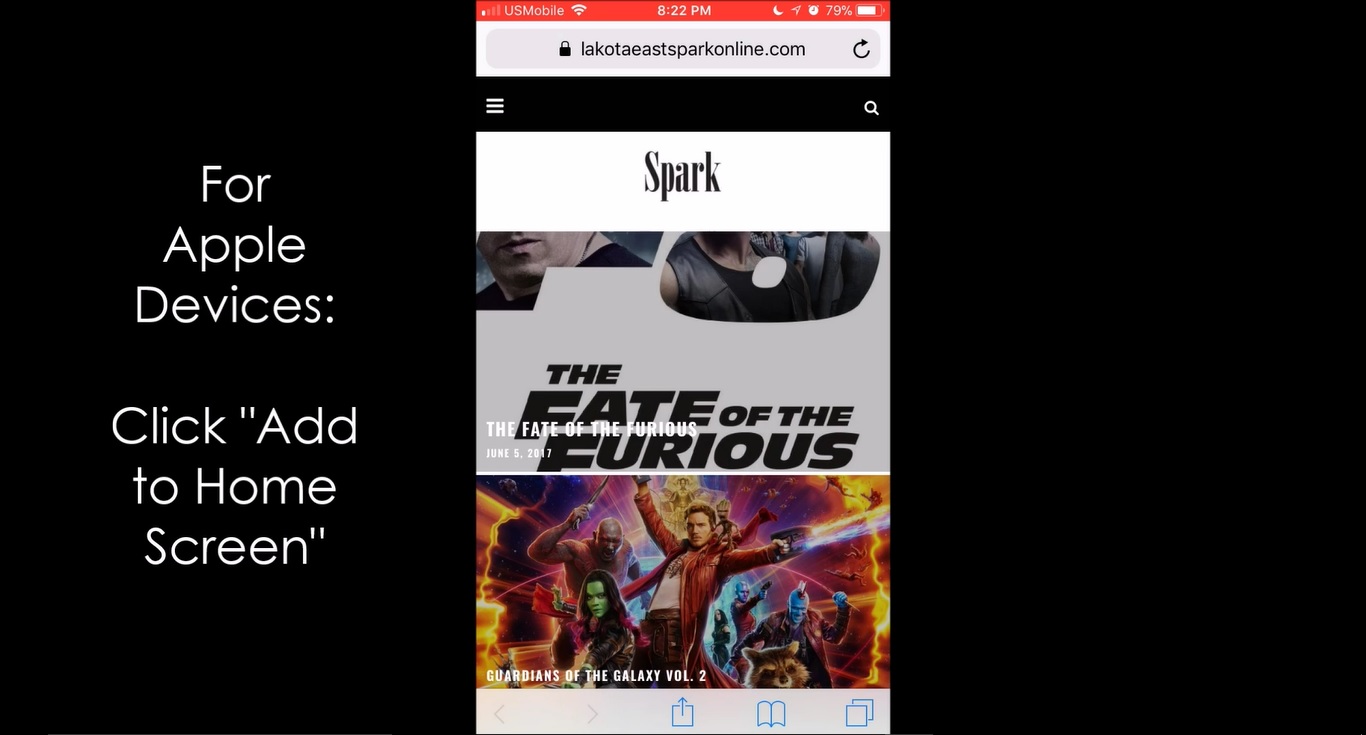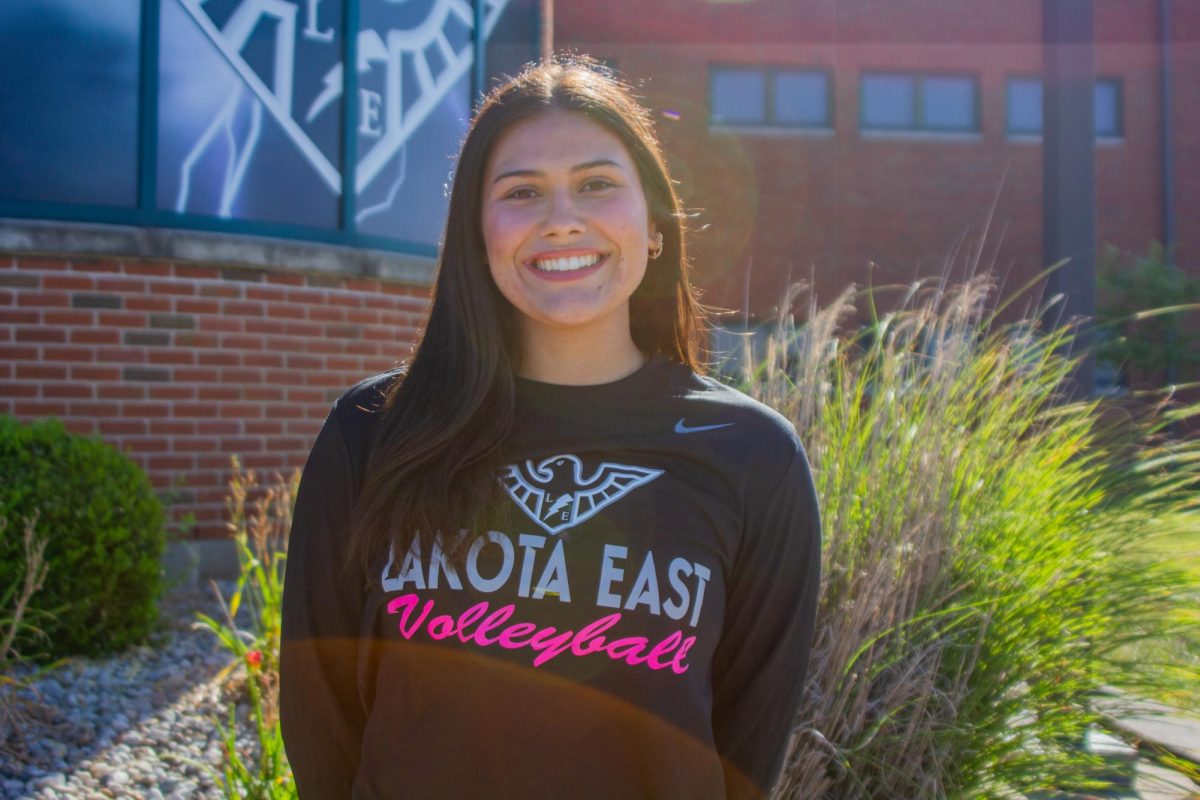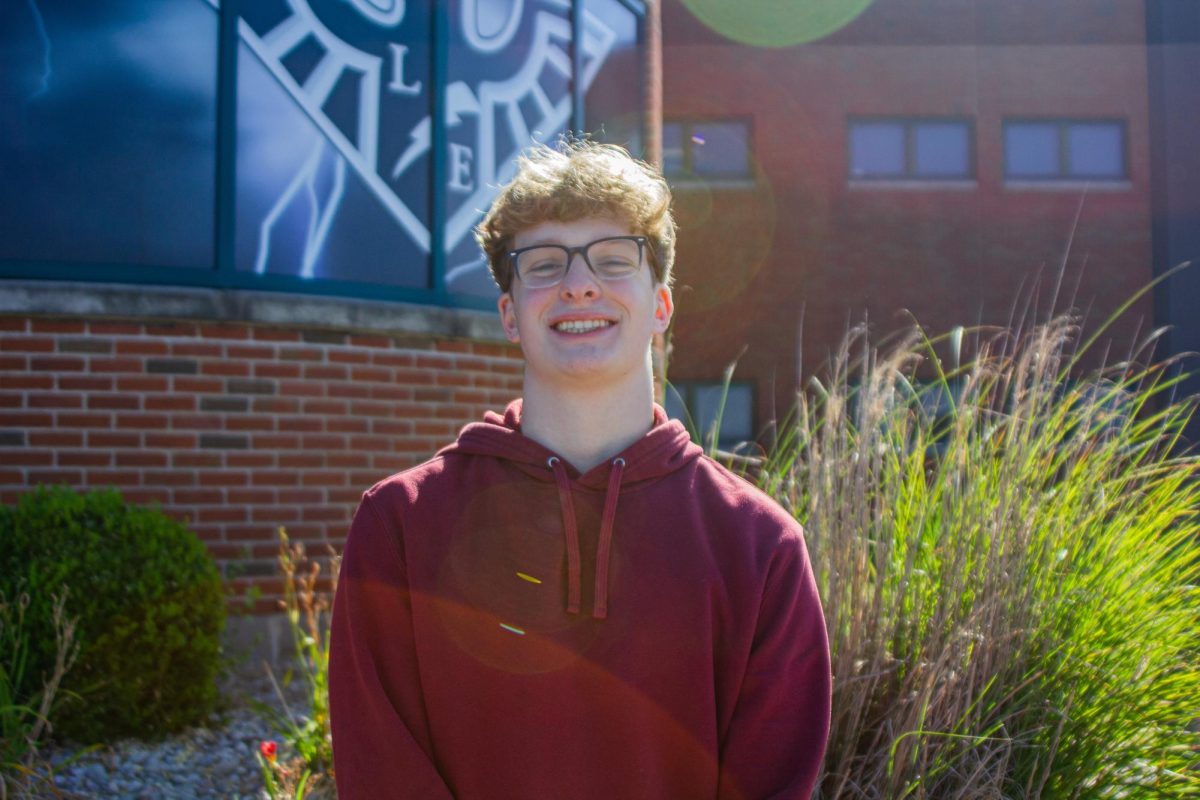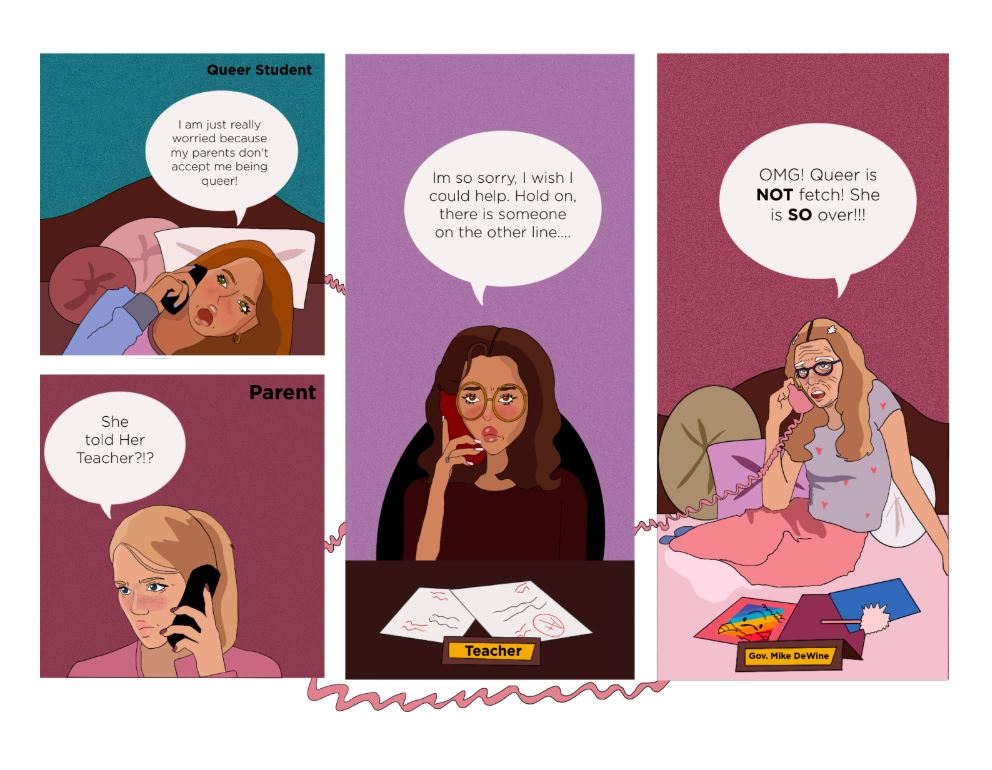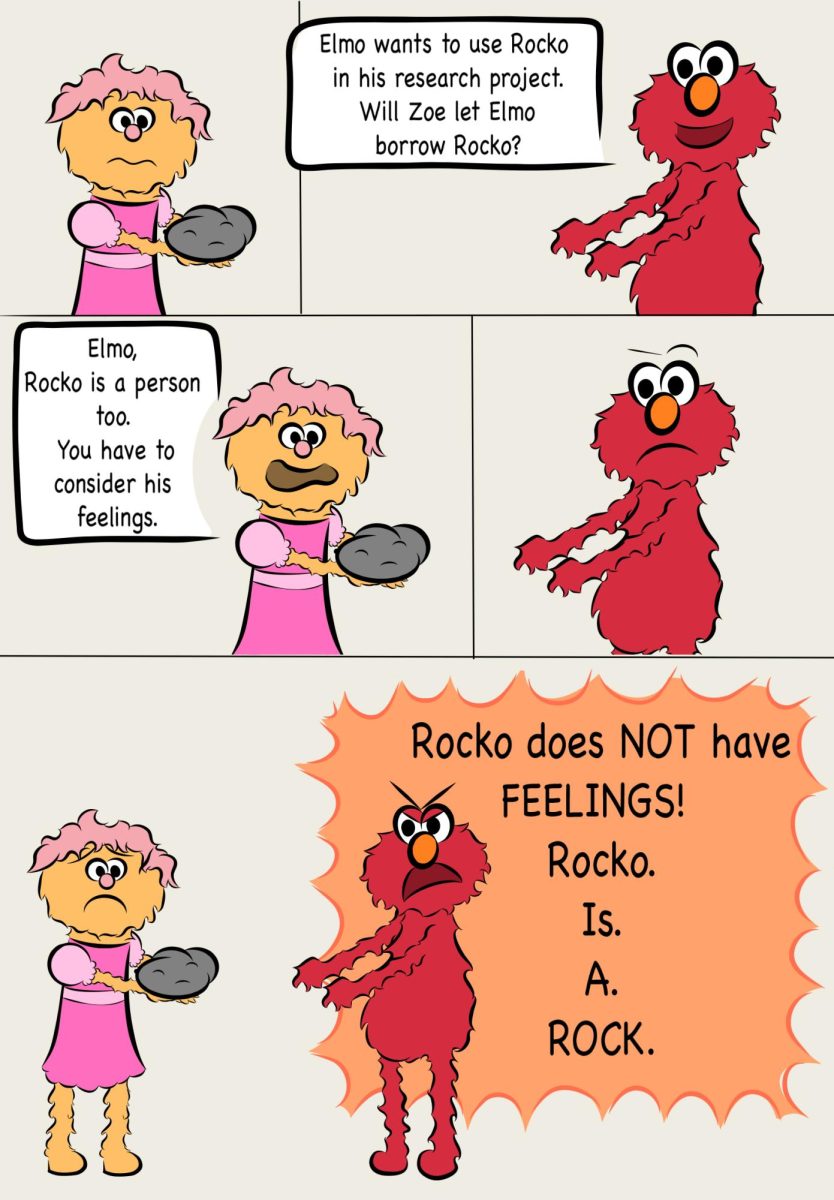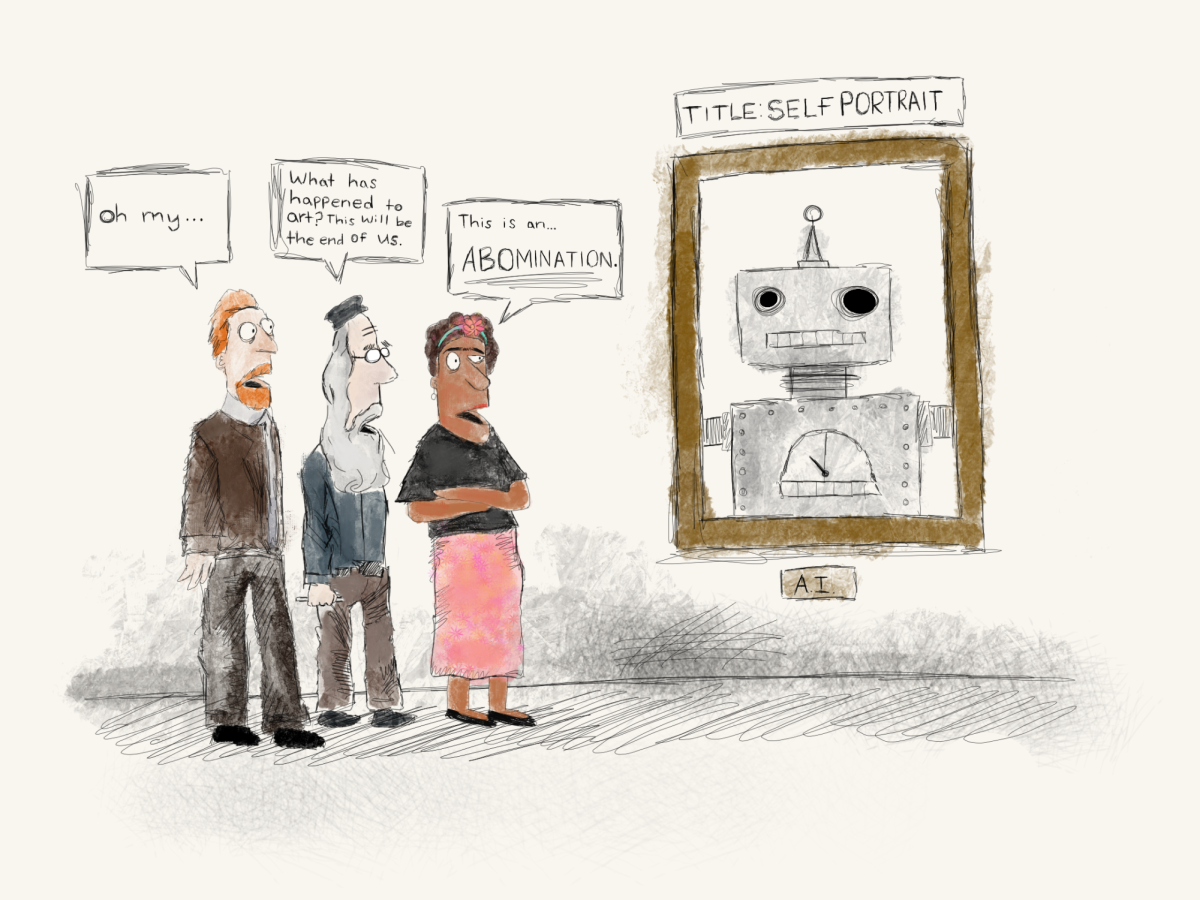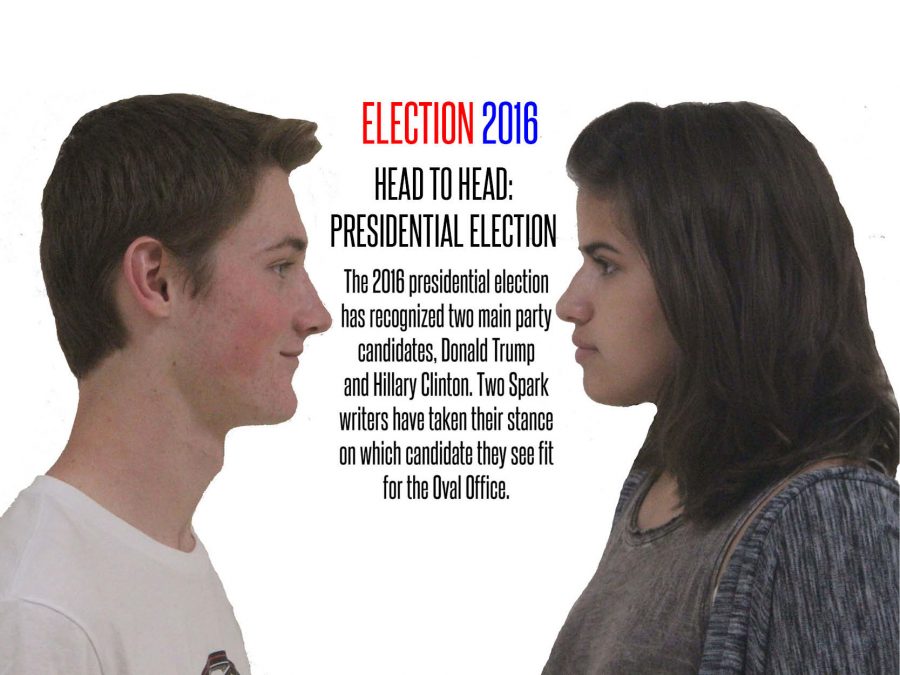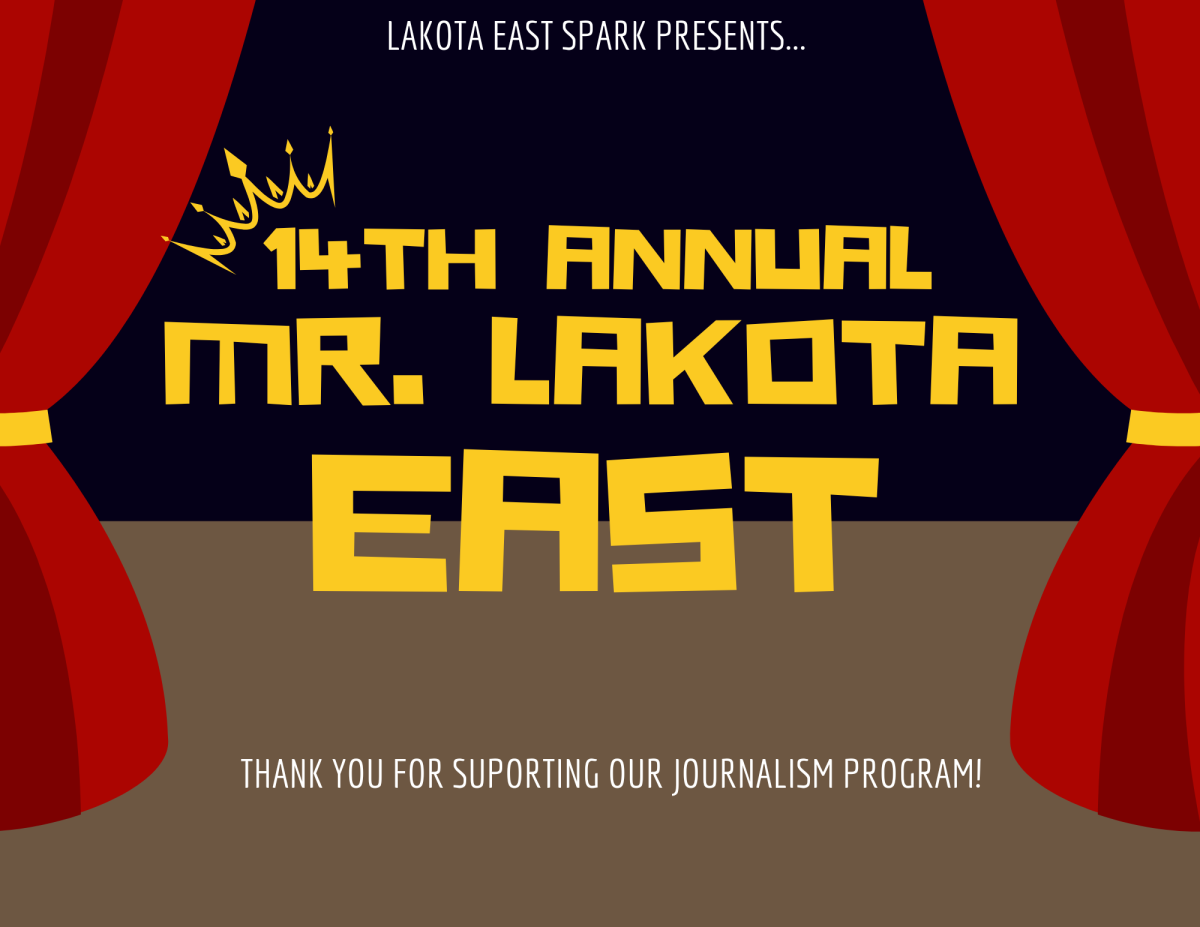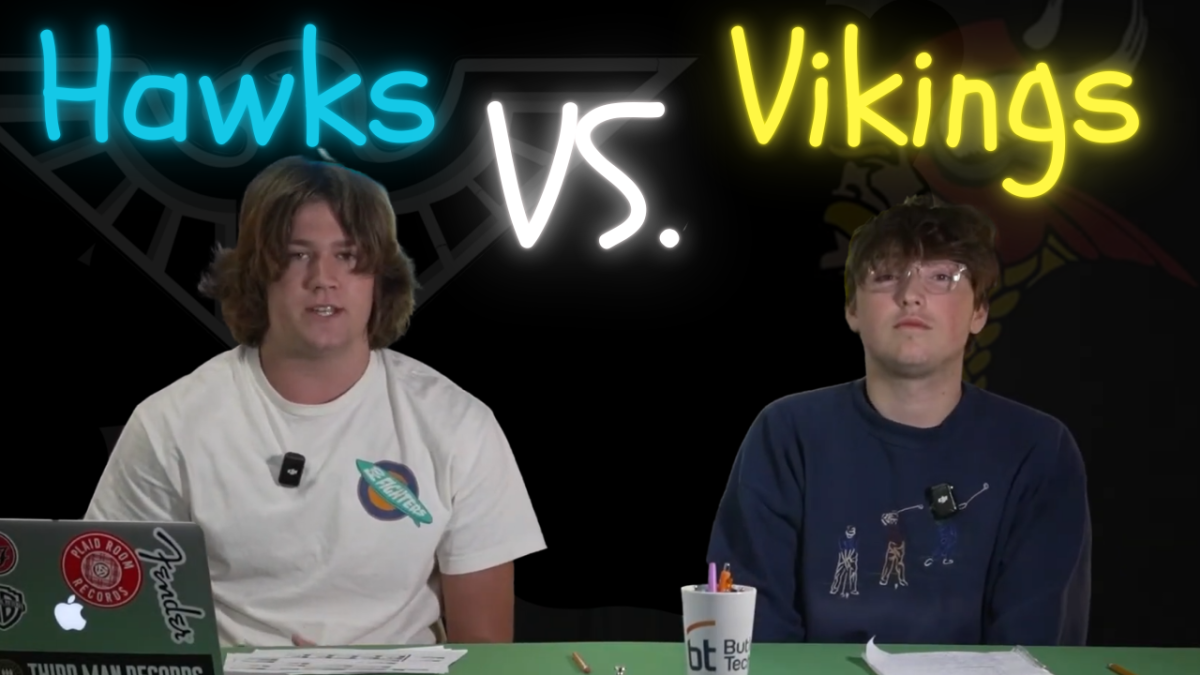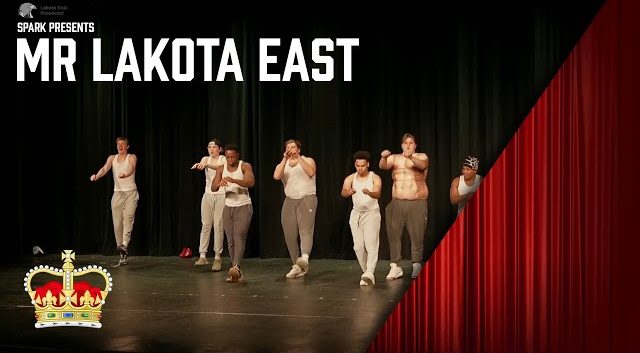On March 12 the Lakota Local School Board held an emergency meeting to discuss and vote on the Lakota Education Association’s (LEA) proposal to join the “Vouchers Hurt Ohio” lawsuit, which has been spearheaded by the Ohio Coalition of Equity and Adequacy of School Funding. Lakota becomes the 284th Ohio public school district to join the lawsuit alongside nearby districts such as Hamilton City Schools, Middletown City Schools, and Cincinnati Public Schools.
The Educational Choice Scholarship (EdChoice) program provides scholarship funding to families that wish to send their children to private school rather than a public school.
At the meeting Ohio Legislative Representatives Jennifer Gross (District 45) and Thomas Hall (District 46) as well as Senator George Lang (District 4), were present over the phone to answer any questions the board had about the EdChoice Program.
The EdChoice program was expanded in 2023 to include all K-12 students; it previously only included low-income families.
“Vouchers started off as a way for low-income families, to help out when they’re in low-income school districts and give them a choice of giving them something else,” said LEA President Kevin Carlin. “Now we’re to the point where they’re being abused.”
Since this change Lakota has seen a 1882% increase in voucher issuance for students living in the district, from 114 to 2259 over a two year span. According to the LEA a majority of the families receiving these vouchers have never enrolled their child in Lakota.
Senator Lang believes the rise in vouchers can be attributed to the teaching within Lakota.
“You guys should be embarrassed that you’re the fourth highest school district in the state in the voucher program,” said Senator Lang. “You’re the seventh largest school district, your fair share should be number seven, but the fact that you’re number four tells me parents are making choices that parents in other school districts aren’t making. I know for a long time you guys have been pushing a woke ideology, I have empirical data of it. I think parents are saying, ‘Hey, that’s enough, we want to go to a place where our schools focus on education not on indoctrination.’”
The Spark reached out for clarification on the empirical data Senator Lang referred to, but received no response.
Superintendent Dr. Ashley Whitely stated she did not believe the explanation provided was a “fair statement” and gave a different interpretation of the matter.
“There is an interesting map that shows access to private schools in different areas. Our general area has significantly more private school options than most schools in the state,” said Whitely.
A map released by the Ritton Family Foundation shows that Butler County has 16 non-public schools compared to most of the state which has less than 5 per county. Neighboring counties, Warren, Montgomery, and Hamilton, each have 16, 40, and 114 non-public schools respectively.
The “Vouchers Hurt Ohio” lawsuit consists of five counts challenging the constitutionality of EdChoice which can be found on the organizations website. Ohio’s voucher program is facing counts for diverting public funds to private schools, increasing reliance on local taxes, enabling selective admissions, disproportionately funding religious institutions, and potentially violating the state constitution.
The basis of the EdChoice program comes from the Supreme Court Case Zelman v. Simmons-Harris (2002), which ruled that a testing program, which promoted school choice by giving families $2,250 to see if there was an increase in academic performance was constitutional, even if the money went to a religious institution.
Transparency regarding academic performance was an issue which came up during the course of the meeting. Private schools do not have to administer Ohio standardized tests to students; however, they previously had to administer state tests to students receiving EdChoice scholarships, but House Bill 166 passed in 2019 removed this requirement.
“Some parents don’t want to take their kids to a school that requires testing or teaching to the test. Well, guess what? We would love to not have state testing, but we don’t get that option,” said Lakota Board Member Kelley Casper.
The board voting in the affirmative means that Lakota will split the cost with the LEA in paying the $2 per student per year cost to join the lawsuit.
Board Member Isaac Adi, who voted in dissent alongside Board President Julie Shaffer, believes that Lakota should focus on education rather than litigation.
“Instead of trying to sue against a law most people are for, we should be focusing on using Lakota [tax] payers money to improve the education of our students,” said Adi.
All lawmakers present at the meeting expressed their openness to continuing the conversation about EdChoice and working with Lakota directly. Board member Christina French was “pleasantly surprised” with their openness.
“I also heard all of them say that they believe there are problems. Not just, ‘I want to sit down and hear what you have to say,’ but, ‘I believe there are problems with this bill,’” said French. “They were all in agreement of that, whether they agree that our problems are the same is left for that discussion at a future date.”






